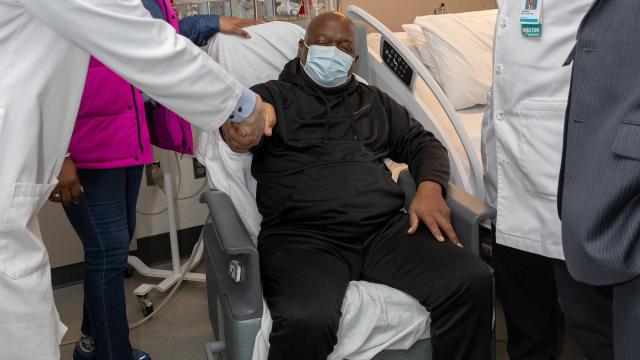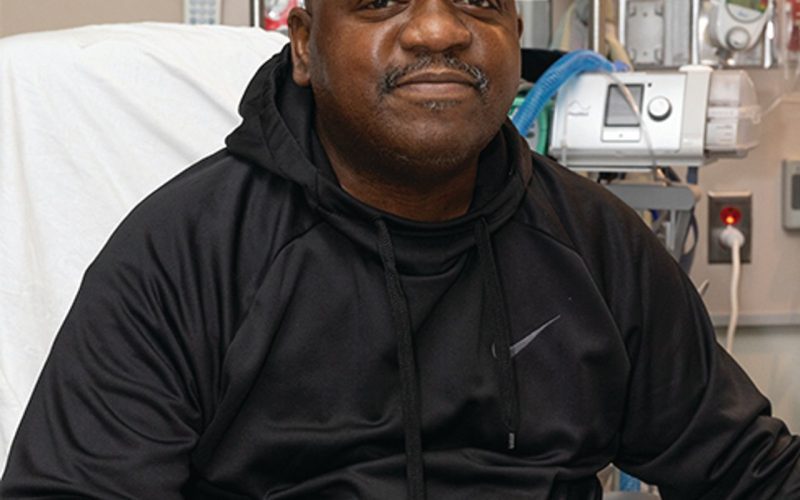Introduction:
Dr. Olivia Grant has spent her career chronicling the incredible advancements in medical science. Witnessing the life-saving potential of organ transplants firsthand, she’s particularly fascinated by developments that push the boundaries of what’s possible. Today, Dr. Grant explores the story of Richard Slayman, the first person to receive a pig kidney transplant, and the questions surrounding his recent passing.
A Groundbreaking Procedure
Xenotransplantation, the transplantation of organs from animals to humans, has emerged as a potential solution to the critical shortage of donor organs. In March 2024, Richard Slayman made history by undergoing the very first transplant of a genetically modified pig kidney into a living human recipient. This groundbreaking surgery marked a significant step forward in the field of xenotransplantation.
Early Signs of Hope
The four-hour surgery at Massachusetts General Hospital was deemed a success. Richard recovered well and was released from the hospital just two weeks later. This initial positive outcome offered a glimmer of hope for countless patients struggling with kidney failure and the limitations of traditional organ donation.
Sudden Loss
However, recent news has cast a shadow of uncertainty. Richard Slayman tragically passed away two months after the transplant. While the cause of death remains unknown, this development has understandably raised questions and concerns.

Separating Fact from Speculation
One of the biggest concerns surrounding xenotransplantation is organ rejection. The human body’s immune system is designed to recognize and attack foreign tissue. While the pig kidney used in Mr. Slayman’s case was genetically modified to minimize this risk, rejection remains a significant hurdle in xenotransplantation.
It’s important to note that Massachusetts General Hospital has confirmed that there is no current indication that Mr. Slayman’s death was related to the transplant itself. This helps to separate fact from speculation and allows researchers to continue analyzing the data from this groundbreaking trial.
The Long Road to Xenotransplantation
Xenotransplantation research is still in its early stages. Scientists are working tirelessly to overcome numerous challenges, including:
- Perfecting genetic modifications to further reduce rejection risks.
- Ensuring long-term functionality of transplanted animal organs.
- Addressing ethical considerations surrounding the use of animals in human medicine.
These are complex issues that require ongoing research and collaboration.
A Beacon of Hope, Even in Uncertainty
While the cause of Richard Slayman’s death remains unknown, his participation in this groundbreaking trial has undoubtedly advanced the field of xenotransplantation. His courage has paved the way for future research that could potentially save countless lives. The future of xenotransplantation may hold significant promise in addressing the organ donor shortage, but further research is needed to ensure its safety and effectiveness.
Key Points Table:
| Feature | Details |
|---|---|
| Patient | Richard Slayman |
| Procedure | First genetically modified pig kidney transplant |
| Surgery Date | March 2024 |
| Outcome | Patient died two months later |
| Cause of Death | Unconfirmed |
| Transplant Rejection | Not indicated by the hospital |












